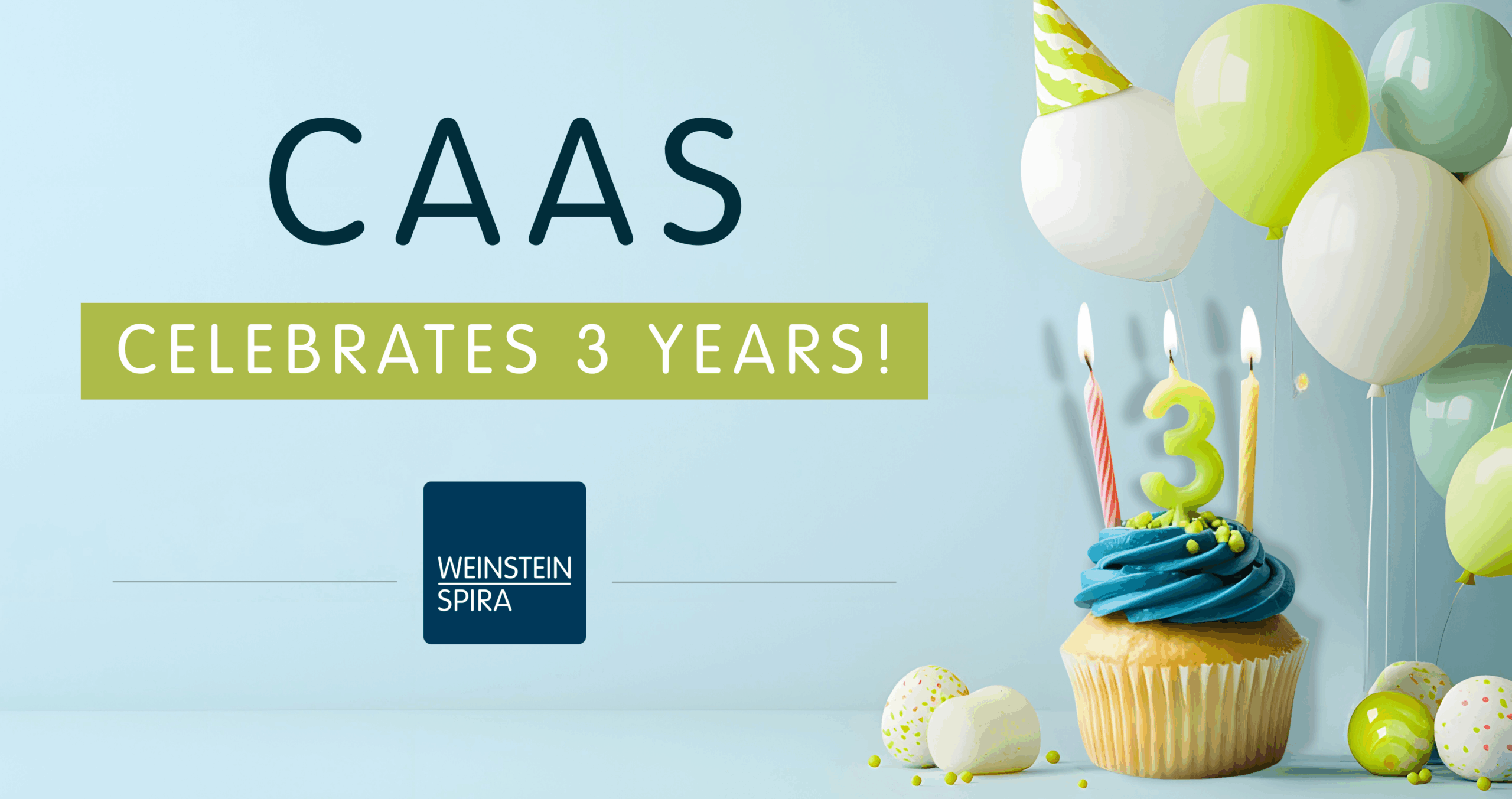While saving for the future may not always be a priority in conversations with family and friends, it holds significant importance for various reasons. Although some may view saving ahead as a necessary burden, the best advice is to simply start this financial endeavor as early as possible.
Saving for retirement can be discouraging as it lacks a definite starting time and has uncertain saving goals. However, after you retire from your main job, there are numerous other sources of income you can tap into. These additional sources of income include social security, retirement plans such as teacher retirement, pensions (fewer of those each year), 401k plans, IRAs and Roth IRAs, savings and investments. You could also supplement your income with part-time work or consulting.
My dad retired at 65, but both of my parents lived to their mid-90s. So, a third of their life was spent in retirement. This emphasizes the need to save enough funds and have a retirement plan to ensure a good and comfortable life during those years. In this blog, I will discuss some of the considerations about saving via retirement plans, whether they be company sponsored, such as 401k plans, or self-directed, such as IRAs.
Contributions to 401ks and IRAs
If your employer offers a 401k plan, then learn about it. Learn about how much you can contribute, when you can start contributing to it, does the company match contributions, if you can borrow against the balance, are there vesting rules on company contributions?
What retirement accounts can you open on your own? Identify the amounts you can contribute to a retirement plan and make those contributions. Here are a few items to note:
- Some contributions to retirement plans are made after income taxes and some are not taxed. This determines whether the earnings on the amounts contributed will be taxed upon withdrawal in the future.
- Some contributions are limited based upon your family income.
- The maximum amount you can contribute can increase once you reach a certain age.
- Some contributions can be deducted on your income tax return.
- At times, you can contribute to multiple retirement plans.
Investment Strategies
Most 401k plans provide a group of investments for the participant to invest in. The plan sponsor determines the investments offered. Investments in IRAs can be self-directed.
Withdrawing From Your Retirement Account
Certain plans offer the advantage of non-taxable borrowings, providing individuals with flexibility in managing their finances. The tax implications of distributions vary depending on whether the original contribution was made with taxable or non-taxable funds. You cannot keep retirement funds in your account indefinitely. As individuals reach specific ages, they must adhere to required minimum distributions as mandated by the plan’s rules. Your required minimum distribution (RMD) is the minimum amount you must withdraw from your account each year. Making informed decisions throughout the process can help optimize the overall effectiveness of the plan. You can read more about RMDs here.
Other Topics
- The contribution amounts can change based upon cost-of-living adjustments.
- Legislative changes may occur that change contribution amounts, income level contribution limitations and distribution age requirements.
- When you change employers, don’t forget about your 401k plan. Most employers allow you to keep your money in the plan once you have left, but if your new employer has a plan, it might be advantageous to move your money to be in your current employers’ plan.
Summary
When it comes to saving for retirement, the process can be complex and ever-changing. Here are three takeaways to consider:
- Start saving now: The earlier you begin saving for retirement, the greater your chances of being financially prepared for a comfortable retirement even if it extends another 30 years like my parents.
- Seek advice and ask questions: Establish a relationship with a tax and investment professional or firm that you trust, and don’t hesitate to seek their guidance. At your workplace, reach out to the appropriate human resources person, plan administrator or investment committee for insights into your 401k plan.
- Regularly review your retirement plans: Determine your preferred frequency for reviewing your retirement status but be sure to do so when significant life events occur, such as job changes, income fluctuations, marriage, divorce, having children, changing beneficiaries or reaching certain ages.
There is a wealth of information available on retirement planning. Don’t feel overwhelmed; take it step by step. Begin now, ask questions and continue to review and update your retirement direction and strategy as needed. By doing so, you can work towards achieving financial security during your golden years.



